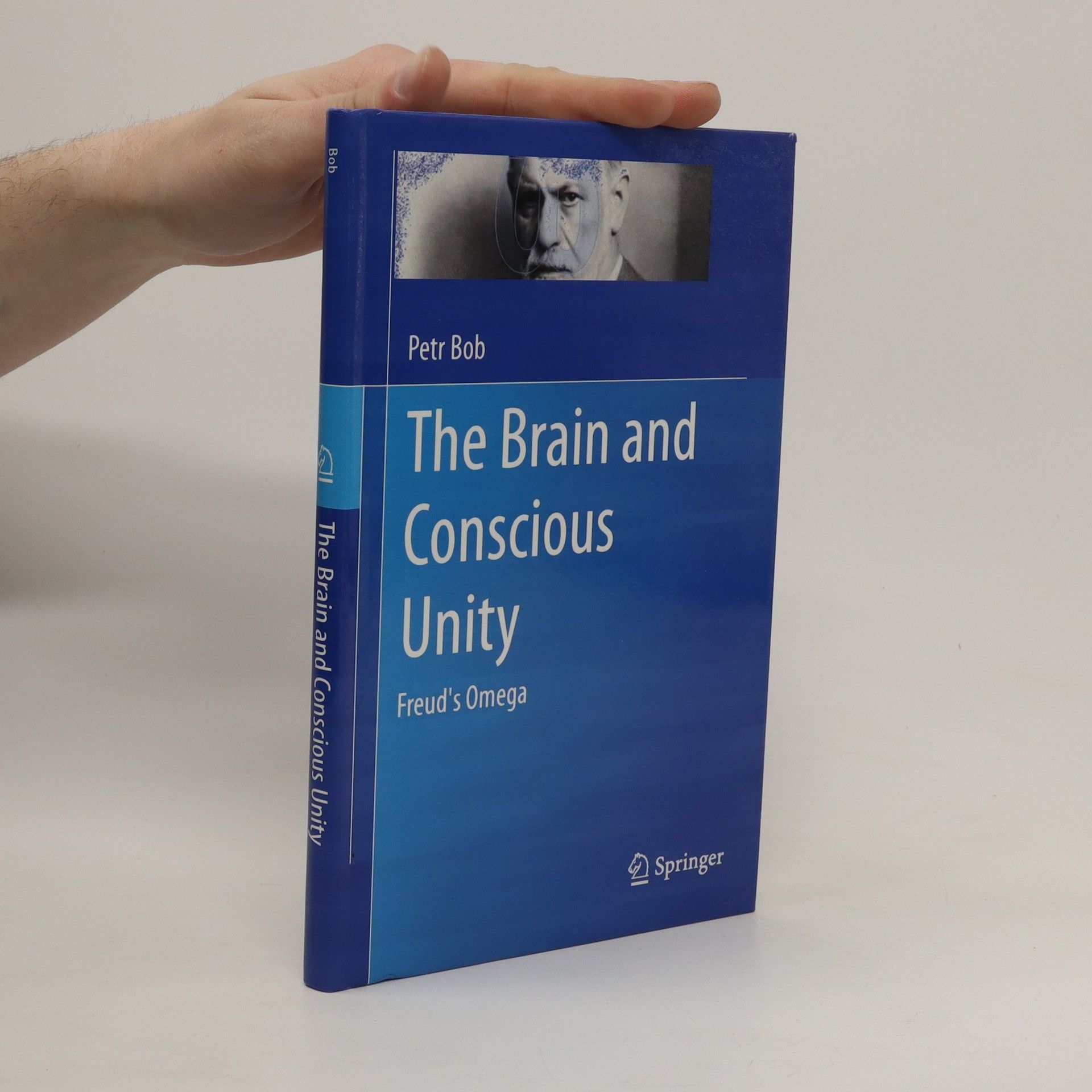The brain and conscious unity : Freud's omega
- 133 stránok
- 5 hodin čítania
In this provocative text, a noted neuroscientist reexamines Freud's posthumously published Project of Scientific Psychology in the light of modern neuroscience. This expanded "thermodynamics of the mind" model includes robust conceptions of the cellular and neural processes that accompany creation of consciousness and memory, their contributions to such conditions as depression, dissociative disorders, and schizophrenia, and implications for practice, from imaging to talk-based therapies to pharmacotherapy. Central to this construct is Freud's proposal of specific "omega" neurons as the most volatile carriers of consciousness between mind and brain, which is applied to current issues regarding complexity and executive functioning. In addition, the book is extensively referenced, allowing readers to investigate these and related phenomena in greater detail. Among the topics covered: Neural reductionism in Freud's "Project" and neuropsychoanalysis. Thermodynamics and brain self-organization. Conflicting information and the dissociated mind. The Cartesian model of the mind and the binding problem. Neuroendocrine and immune response to stress. The concept of omega neurons and modern chaos theory. Rigorous, challenging, and occasionally startling, The Brain and Conscious Unity is a milestone in the neuroscience and mind/brain literature to be read and discussed by psychiatrists, psychologists, and neuropsychologists.

